Description
Latin Name : Picrasma Excelsa
Quassia bark is also known as Bitter Wood, Jamaica Quassia, Bitter Ash and Quassia Lignum. It is native to the island of Jamaica. This tree has volatile oils, tars, minerals, salts and nitrates that make it an effective insecticide.
- Treatment for fevers, colds, coughs and the flu.
- Because of its anti inflammatory properties, the Quassia Wood is used for the treatment of rheumatism.
- Joint pain, swelling, redness and immobility are also reduced with preparations made from this tree.
- Treatment for intestinal worms. It can remove roundworms and pinworms. deter alcoholism; water left overnight in a cup with chips made from this tree creates a bitter tonic that is said to remedy alcohol intoxication.
- Lotions and shampoos made from Quassia Wood are used to treat dandruff, lice and many other skin and hair conditions.
Decoction: In a pot, bring 3 cups of cold water, 3-4 teaspoons of QUASSIA to a simmer.
Gently decoct (simmer) for 30 minutes.
Strain out herbs and return liquid to pot. . Drink 1-3 cups of tea a day.
Infusion: place 1-2 teaspoons of QUASSIA in a tea infuser or teapot or mug for each cup of tea you intend to brew. Cover with boiling water. Place on the lid (or cover your cup with a saucer).
Allow the mixture to steep for 10 'to 15' minutes or overnight.
Then strain the tea and serve. Drink 1-3 cups of tea a day
Quassia is generally considered safe to use medicinally but possible side effects may include irritation of the mouth, throat, and digestive tract along with nausea and vomiting. In very large doses, it could cause abnormal heart function.
In any case you should consult with your healthcare doctor before using any herb especially if you have health problems.



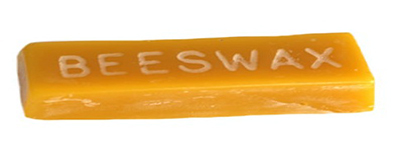

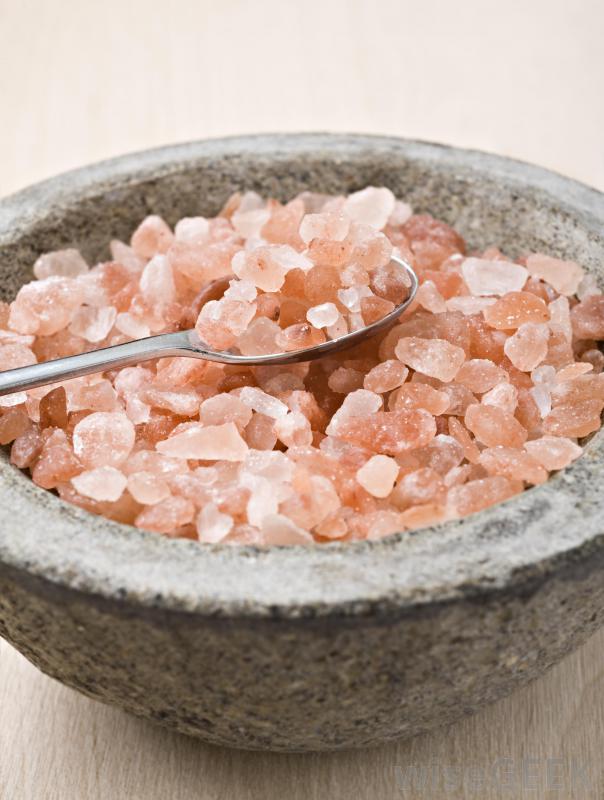
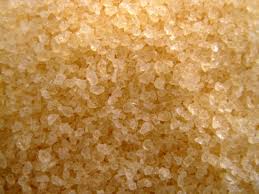

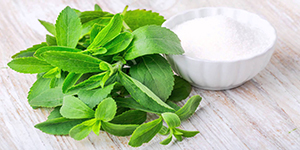

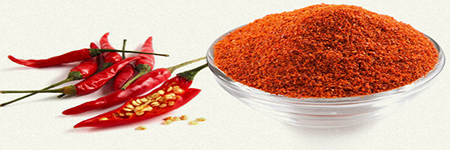
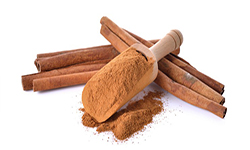
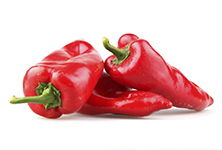







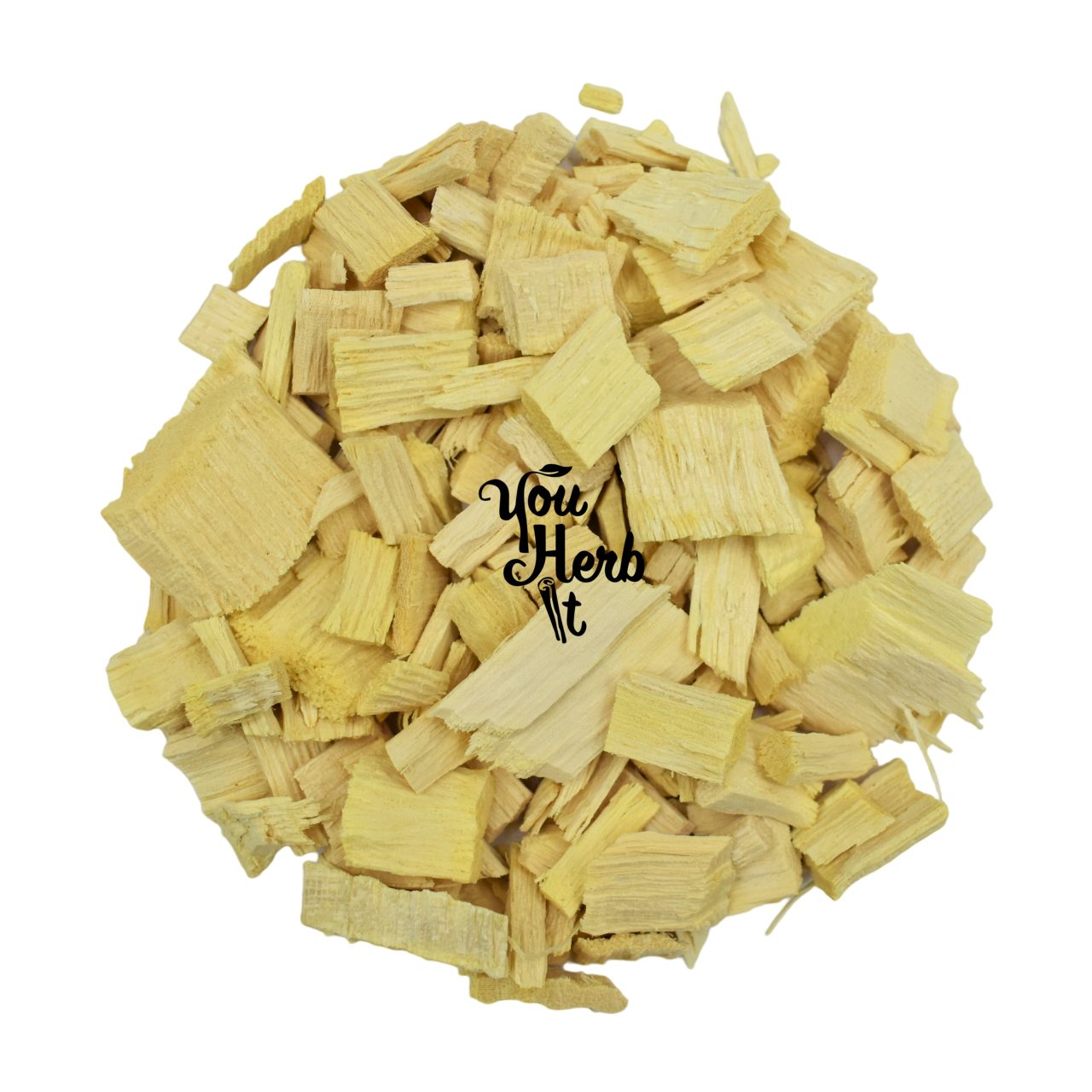
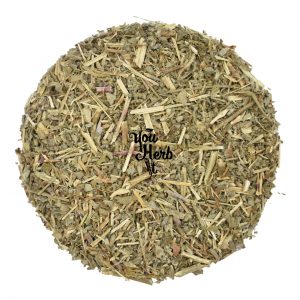
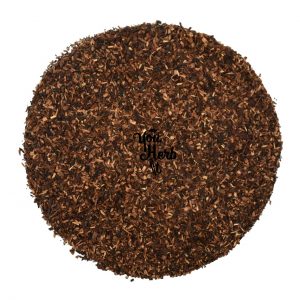

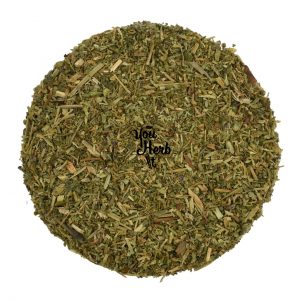
Reviews
There are no reviews yet.